How Milly Aburrow Turns Everyday Food Into Personal and Cultural Narratives
Milly Aburrow’s art explores food, identity, and exclusion, turning everyday objects into profound reflections on personal and cultural narratives.
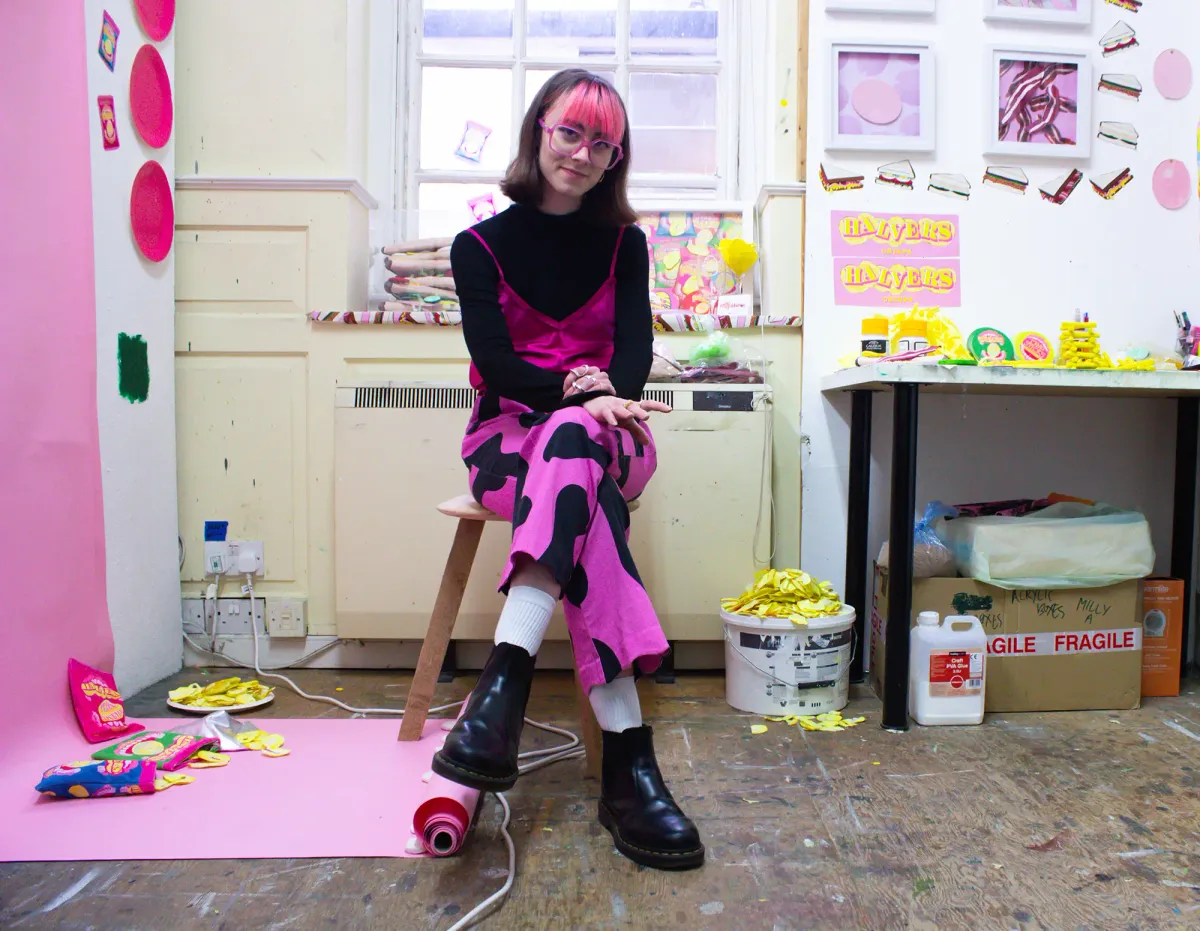
Playing With Food and Identity: The Art of Milly Aburrow
Milly Aburrow's artistic journey is deeply personal and intertwined with her experiences growing up with left-side cerebral palsy.
Central to Milly's work is the theme of consumption—of food, materialistic items, and fashion.
She explores how these elements shape our identities.
Art has been a consistent and meaningful outlet for her since childhood, a space where she could channel creativity while overcoming physical limitations.
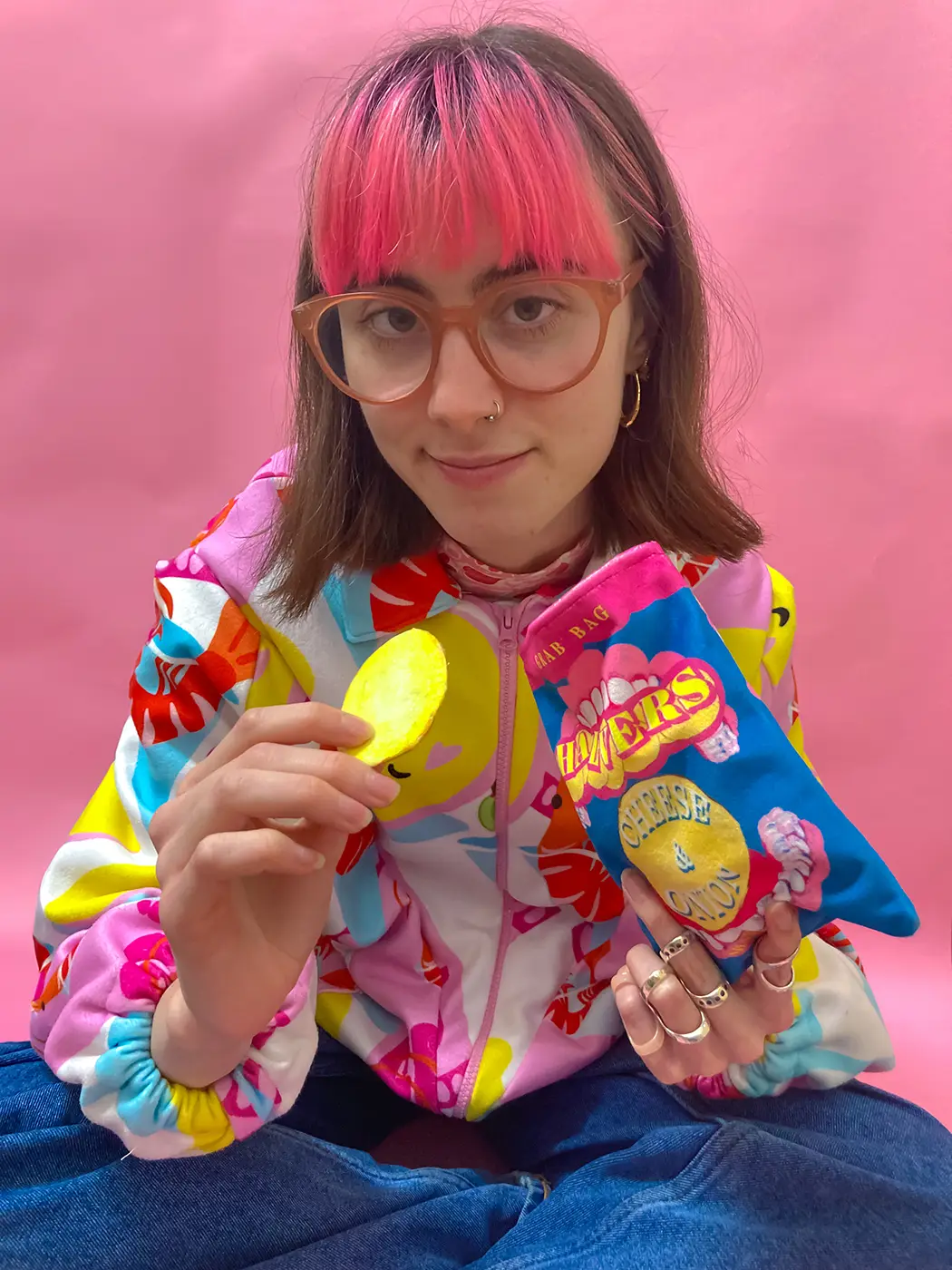
Early exposure to art, especially through her grandparents who were makers themselves, helped shape her passion.
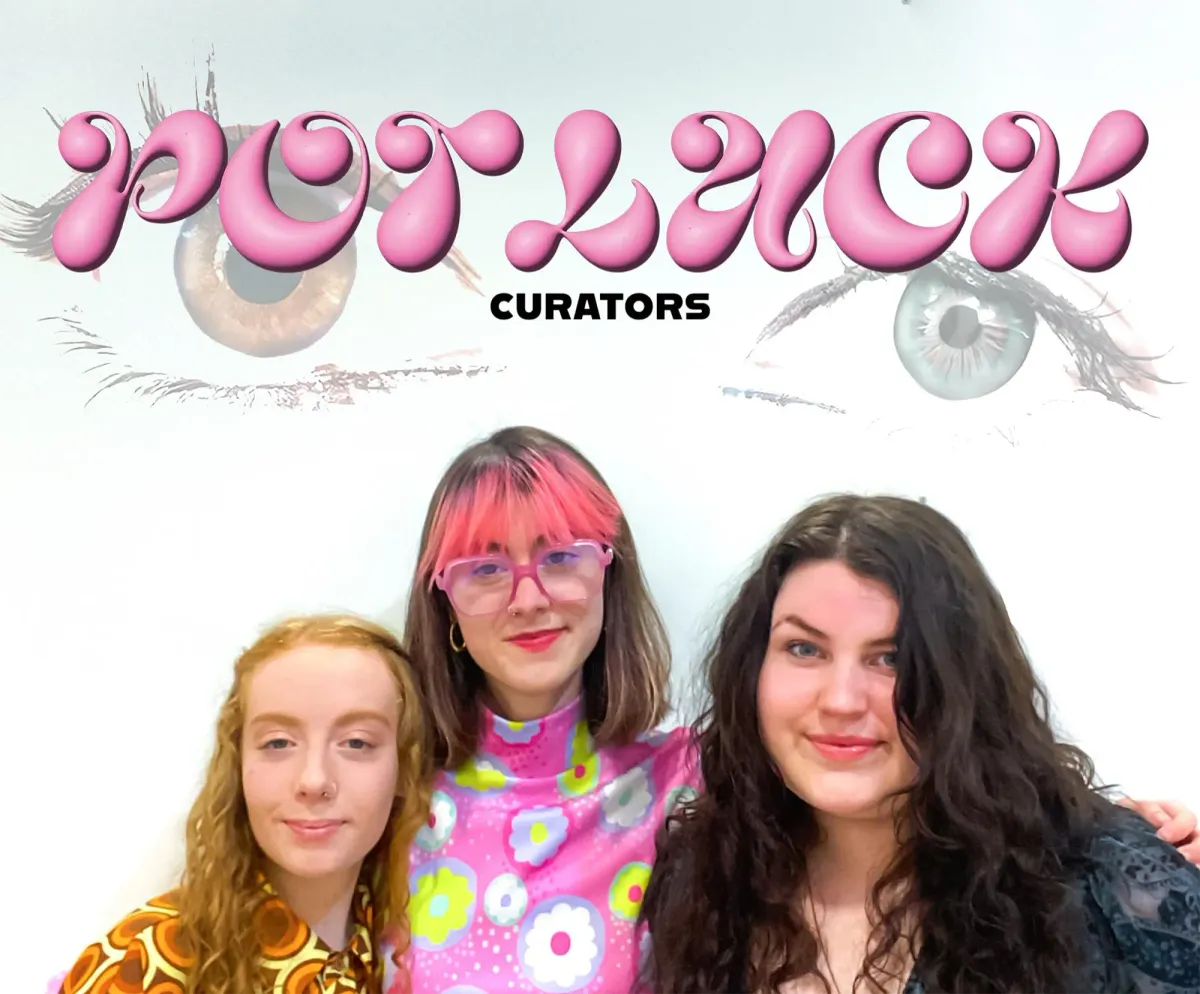
As a child, Milly and her grandmother spent time painting and creating plaster casts, laying the groundwork for her love of art. These early experiences were pivotal in her decision to pursue art as a career.
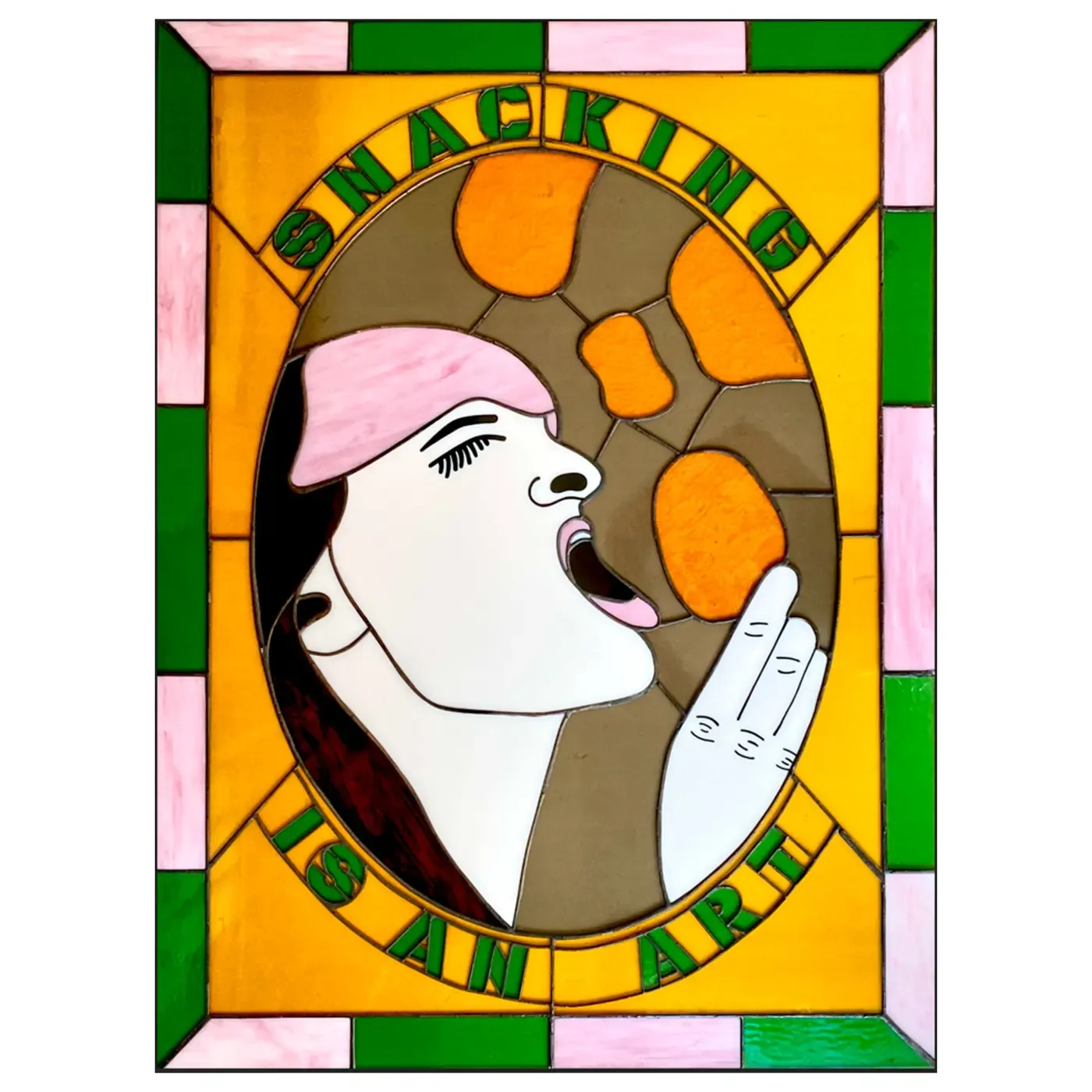
Milly's early work focused on more traditional mediums like painting, pencils, and pens. For a long time, she avoided sculpture, assuming that due to her physical limitations, working in three dimensions would be unattainable.
However, it was during her time at university that her perspective shifted.
University gave her access to facilities and technical support that allowed her to experiment with sculpture for the first time.
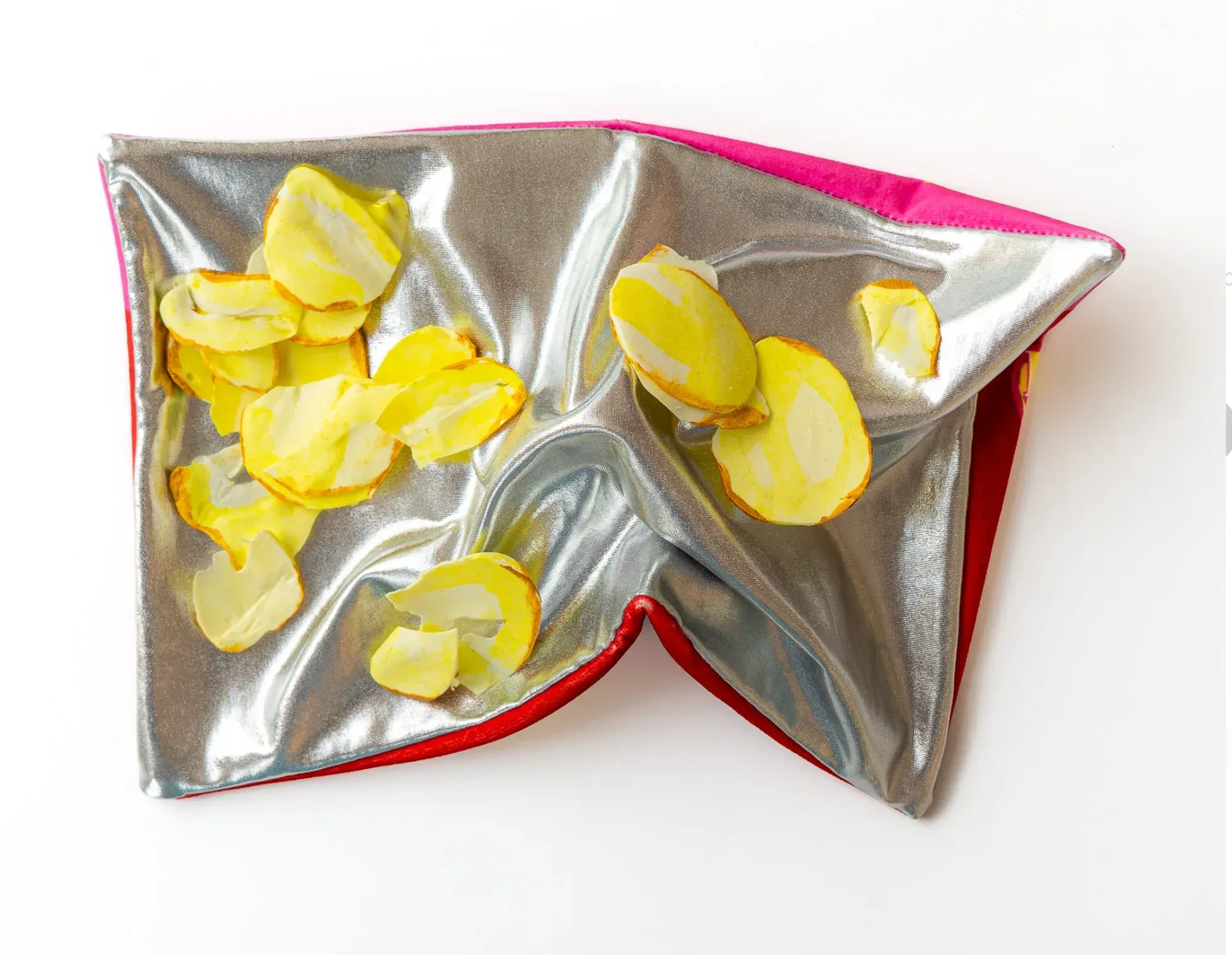
This shift not only expanded her artistic practice but also allowed her to push beyond the physical boundaries she had once believed were insurmountable.
Central to Milly's work is the theme of consumption—of food, materialistic items, and fashion. She explores how these elements shape our identities.
Her university work marked a significant turning point, where she began to integrate personal experiences into her art in ways she had never imagined.
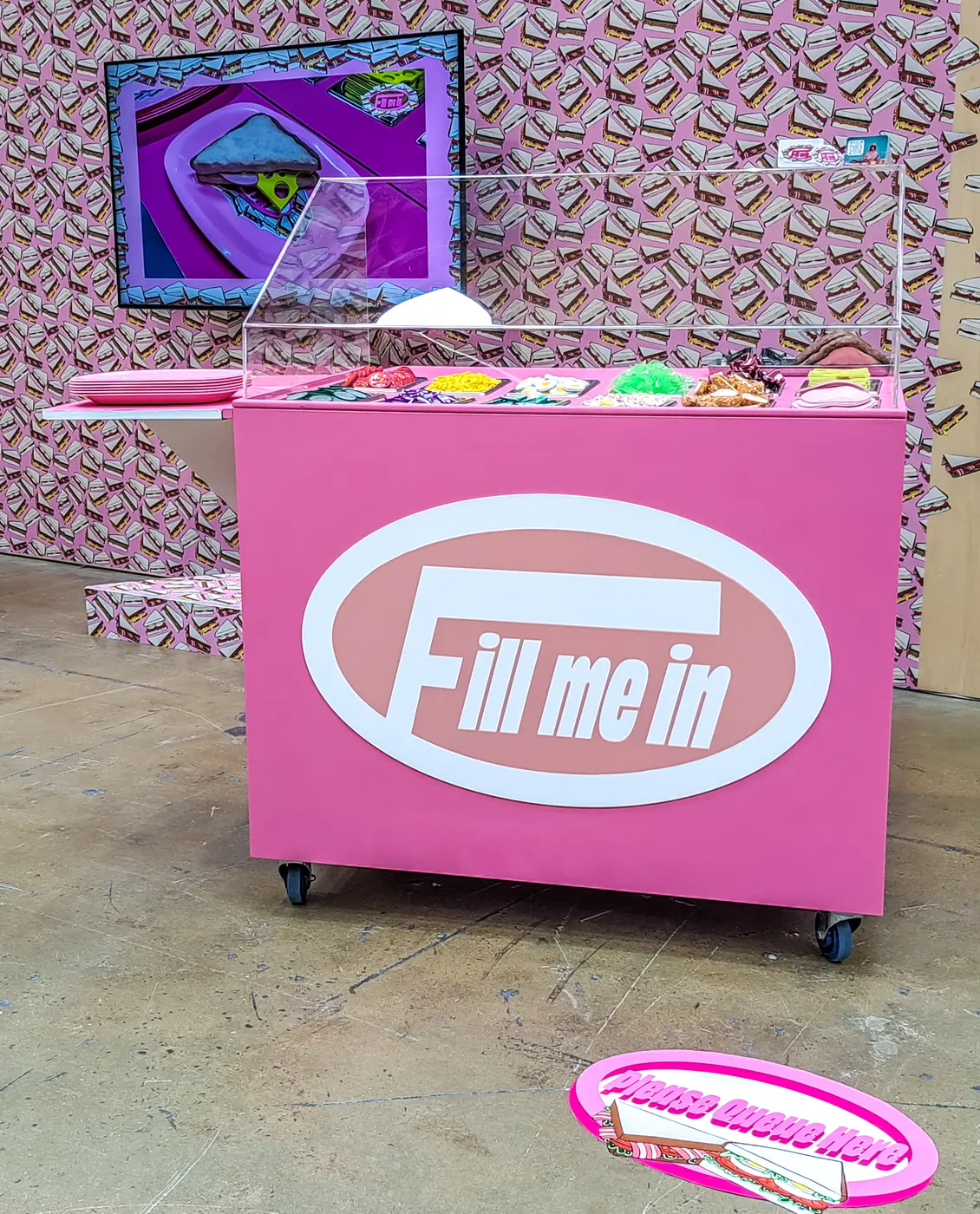
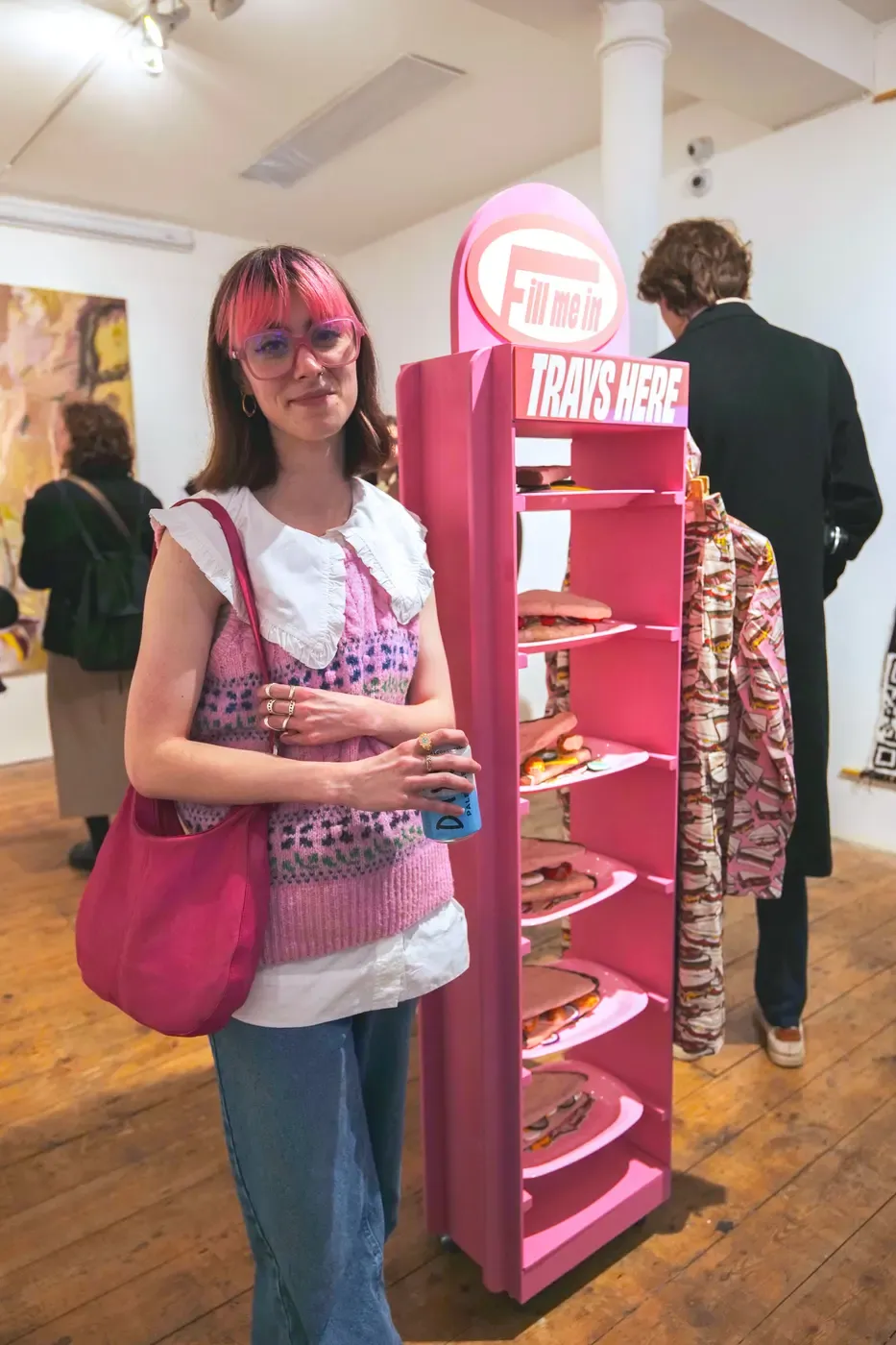
Milly Aburrow: (left) Fill Me In Tray Stand' and Artist at Hysterical: Radical Creativity, Bermondsey Project Space, London, 2024 |Photographer Sophie Tuckwell -> (right) Fill Me In Sandwich Counter, Mixed Media Installation, Bath Spa Degree Show, 2023 | Photographer Lilly Foster-Eardley
Reflecting on some of her early university projects, she humorously notes how the use of bright colors and representations of food, such as prawn cocktail crisps and strawberry Nesquik, mirrored her own consumption habits at the time.
This realization helped her understand that her work was, in essence, a portrait of herself, an honest reflection of her identity.
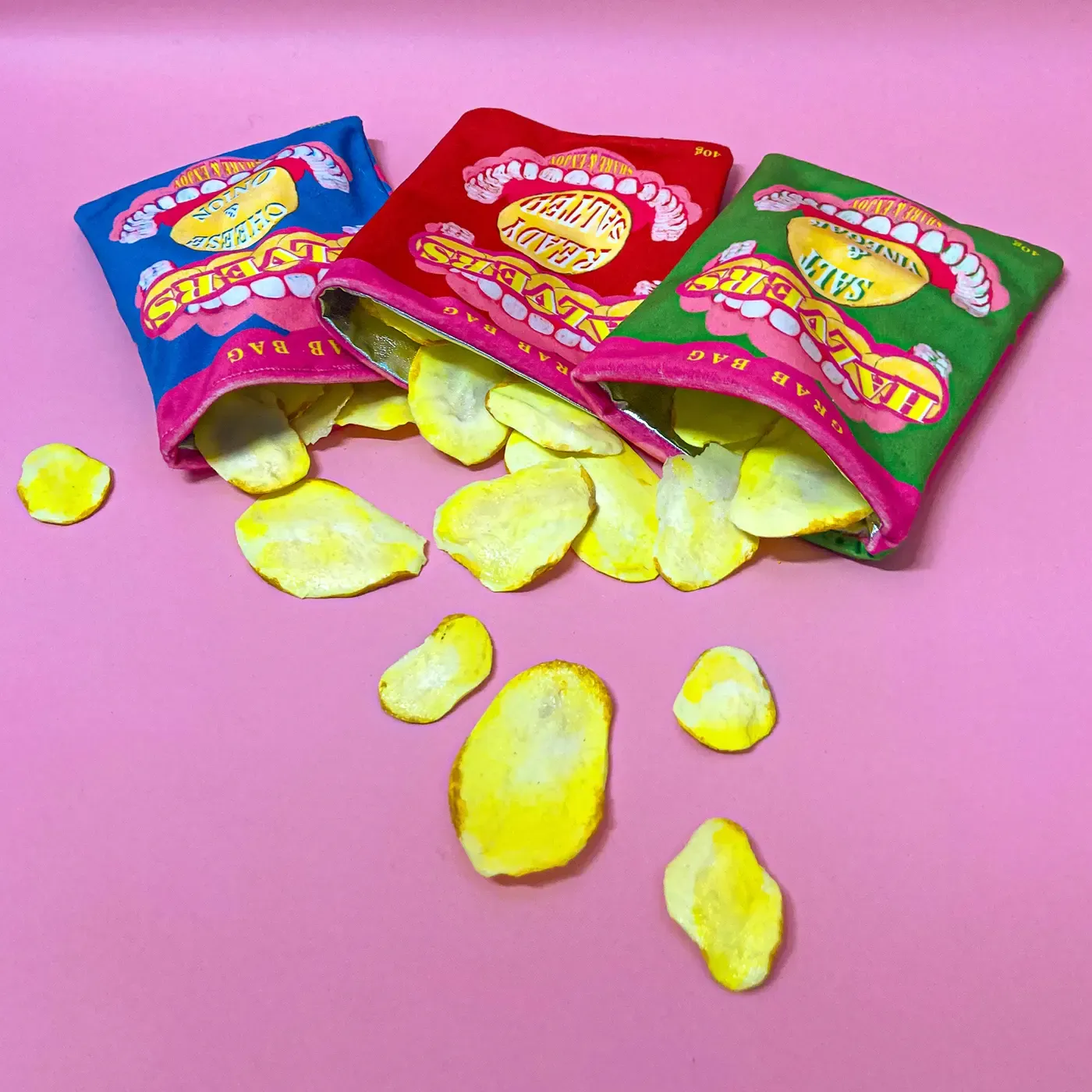
Her degree show piece, Fill Me In, is a clear manifestation of her evolving artistic identity.
The installation, which featured faux food items, explored how personal choices around food express individuality.
Milly wanted her audience to connect with the piece through their own experiences with food, encouraging them to contemplate how their food choices reflect their character and circumstances.
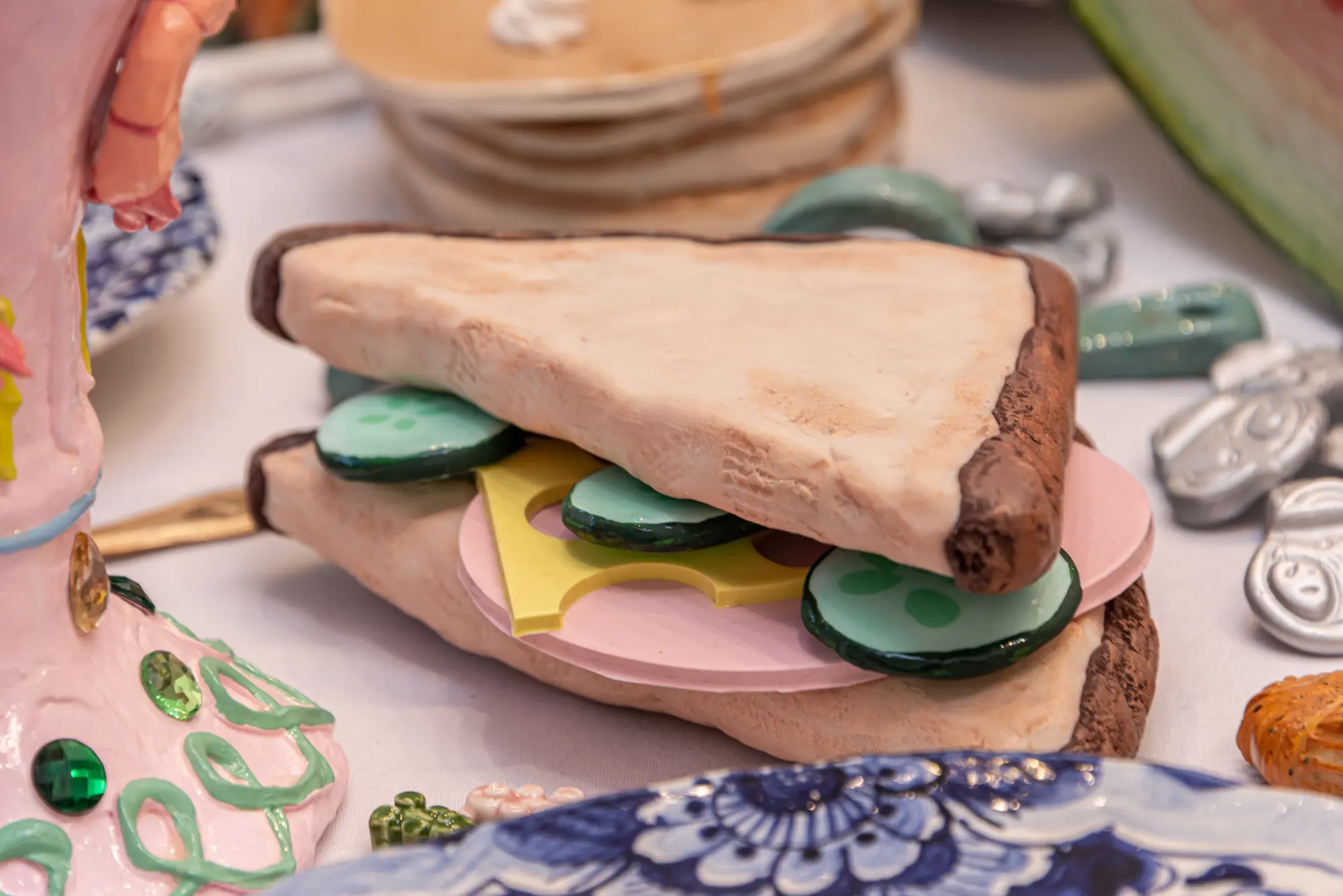
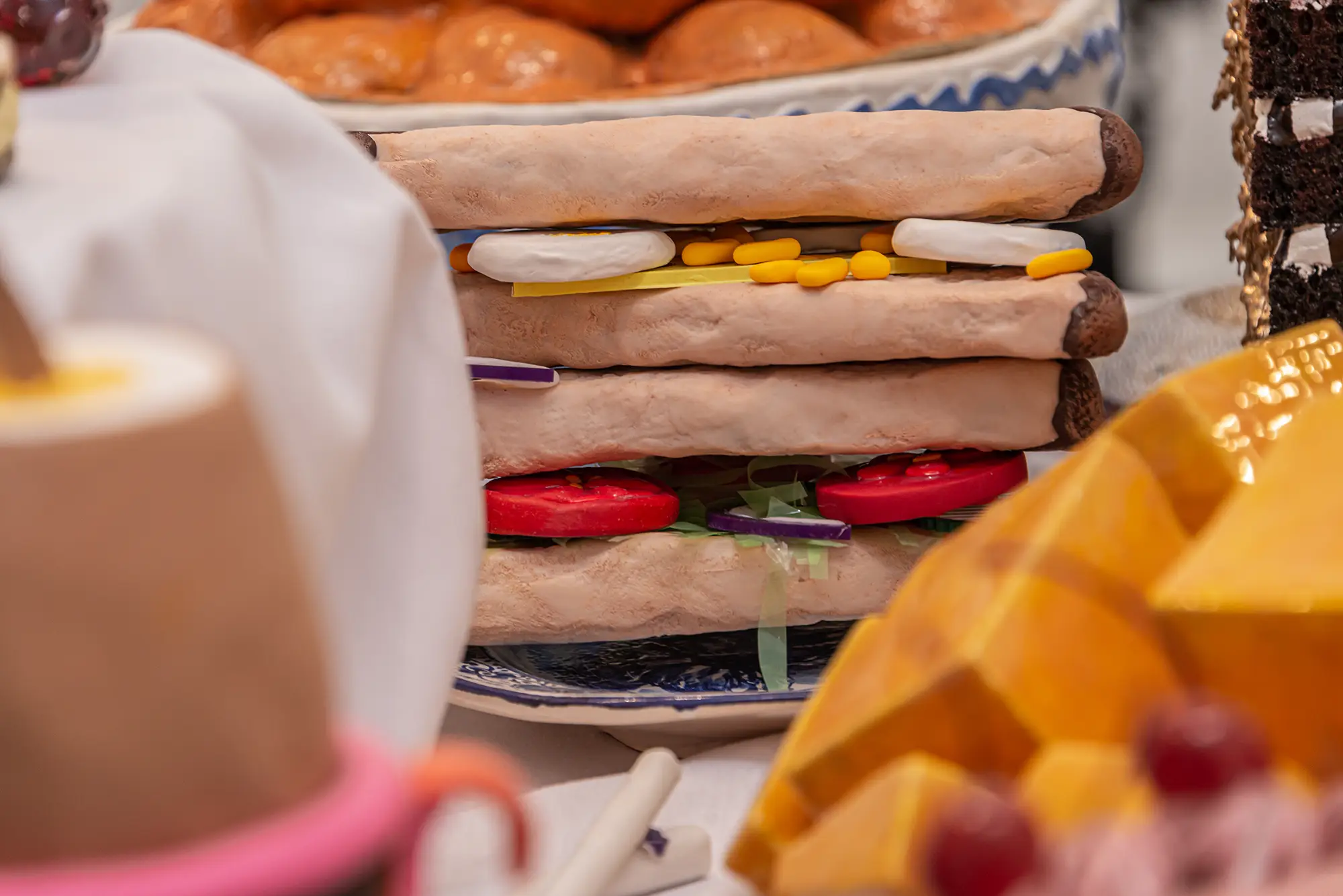
On a deeper level, however, Fill Me In also speaks to Milly's personal experiences with exclusion, particularly in relation to the hospitality industry.
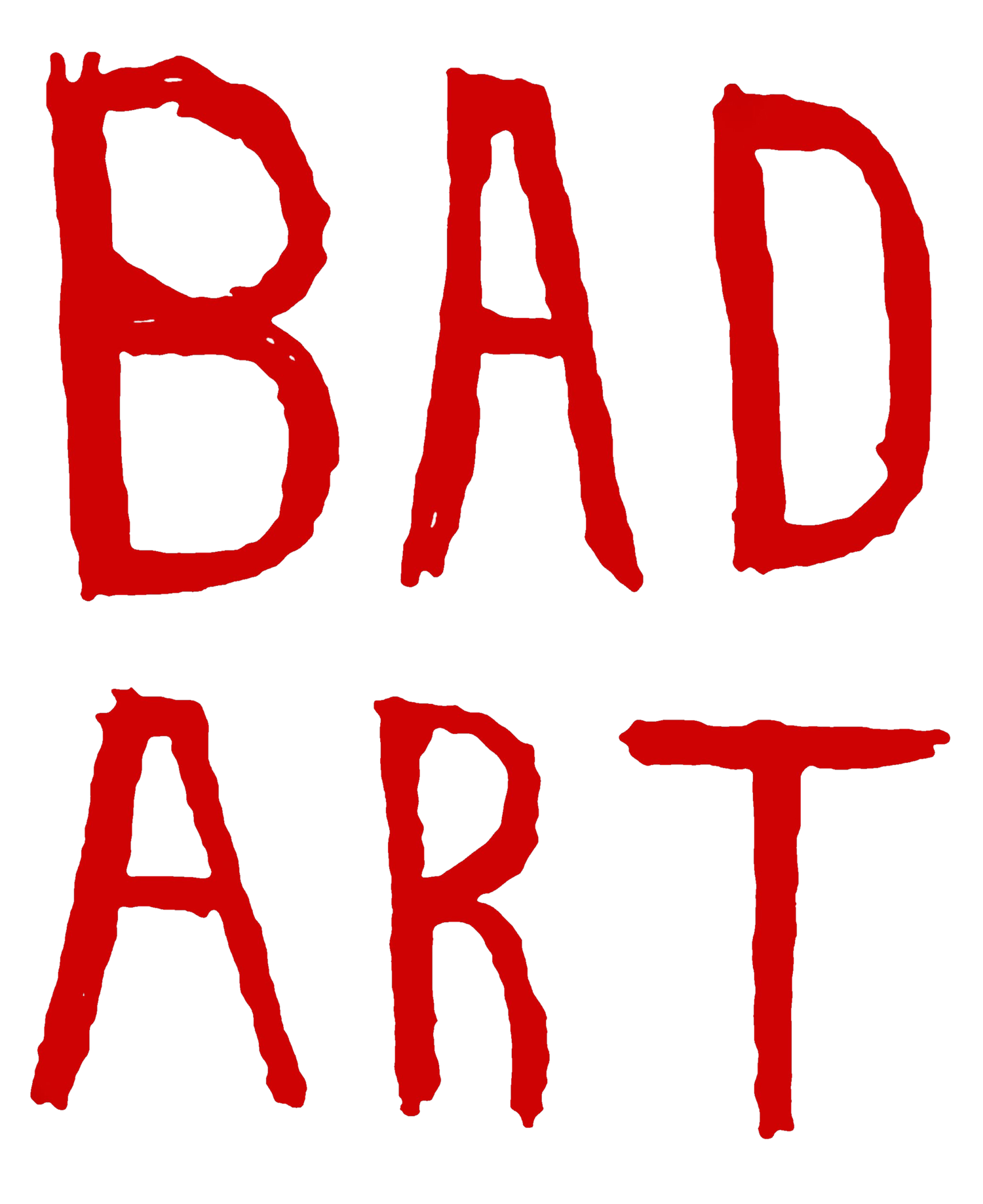
Led them eat Fake - Exhibition
Growing up, Milly loved the idea of playing pretend—running cafes and shops in her imagination, where her disability didn't limit her.
As an adult, however, the realities of her limitations became clearer, especially in environments like kitchens or restaurants, where food preparation tasks presented physical challenges.
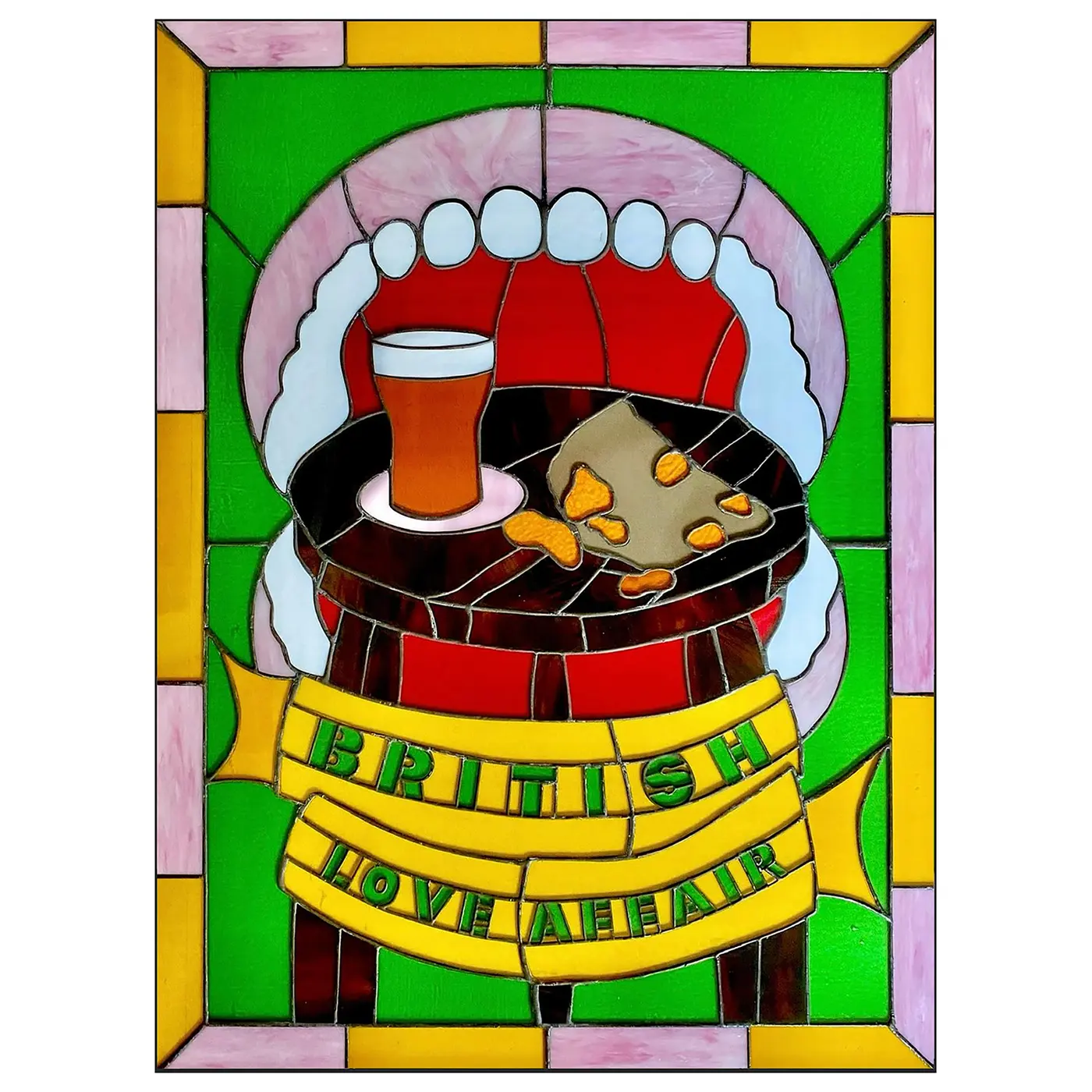
Fill Me In served as a commentary on this exclusion, using the act of constructing a sandwich as a metaphor for both her childhood freedom and the limitations imposed by her disability in adulthood.
The installation allowed her to "play" with the idea of food preparation in a way that was artificial and playful, much like the imaginary world she created as a child.
Her next project, The Salty Crisp Pub, continues this exploration of food and culture.
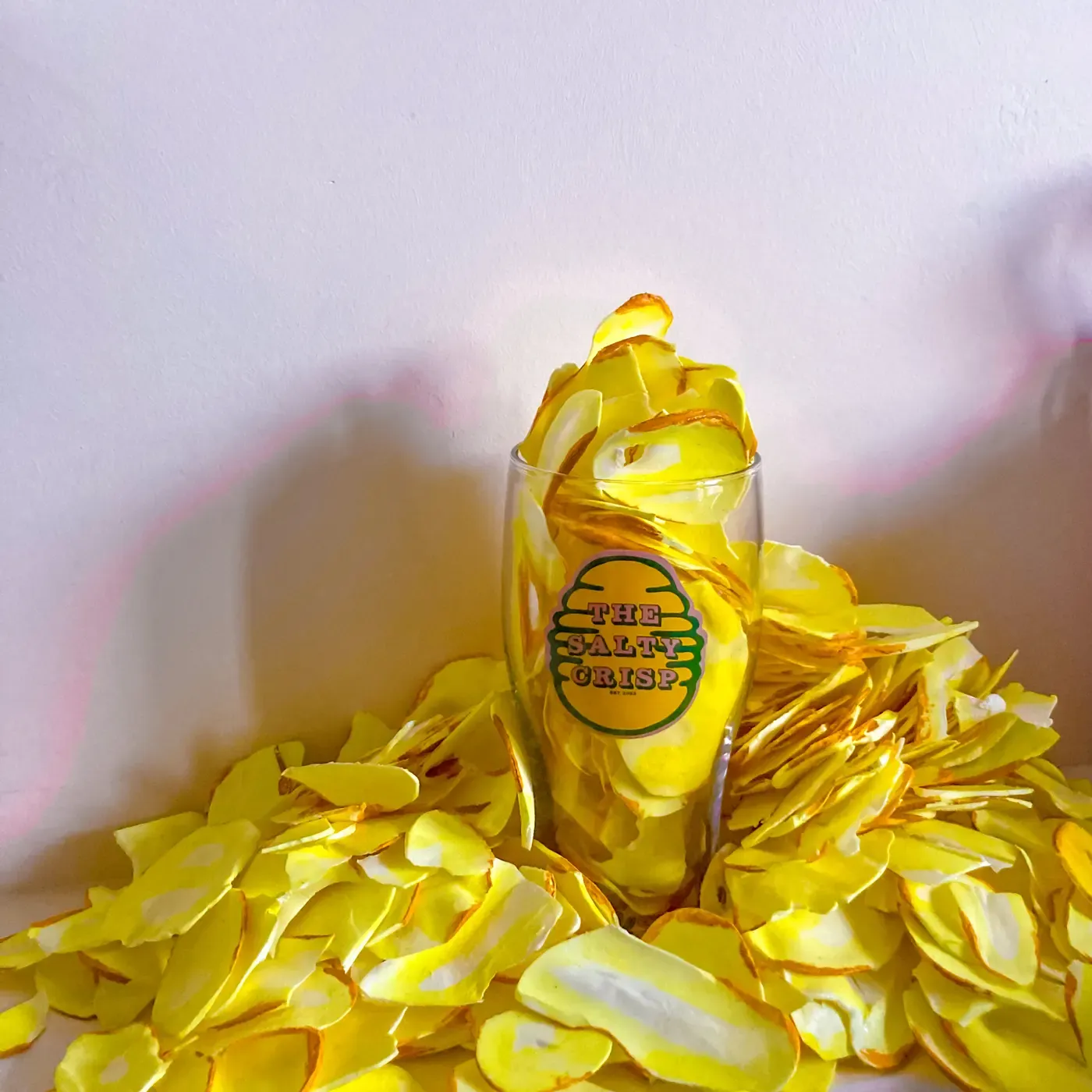
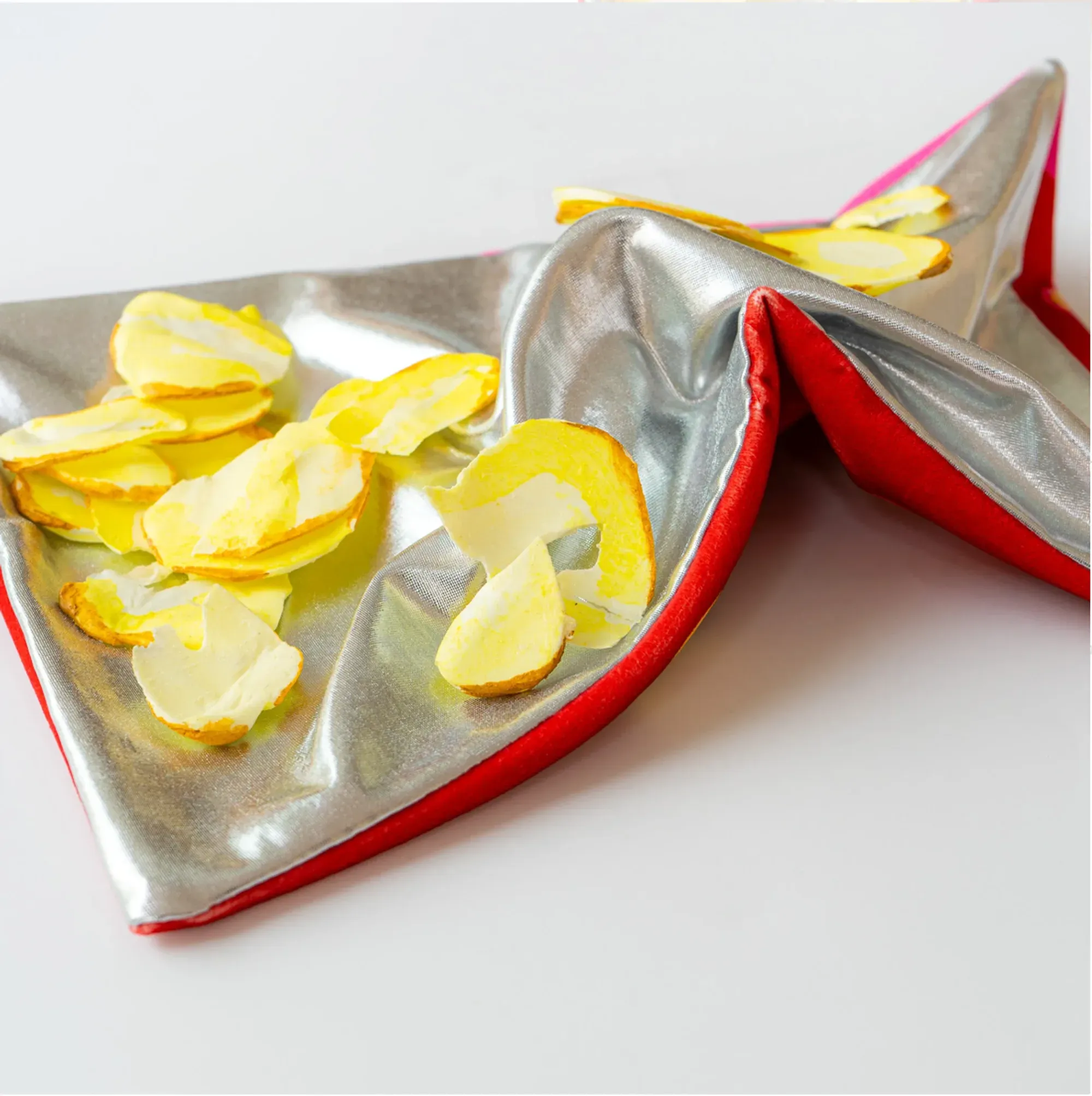
Milly Aburrow: (left) Salty Crisp Pint Glass and Crisps', tulip pint glass & clay, 2024 -> (right): 'Share and Tear', clay & textile, 30 x 22cm, 2024 | Photographer Helm Gallery, Brighton
Scheduled to be her debut solo show in February 2025 at 44AD artspace in Bath, this installation will focus on crisps—a quintessentially British snack.
Milly draws inspiration from food critic Matthew Fort’s description of crisps as "our olives," emphasizing how ingrained the snack is in British culture.
The installation will feature custom-made furniture, bar stools, and crisp packets, all handcrafted by Milly and her family.
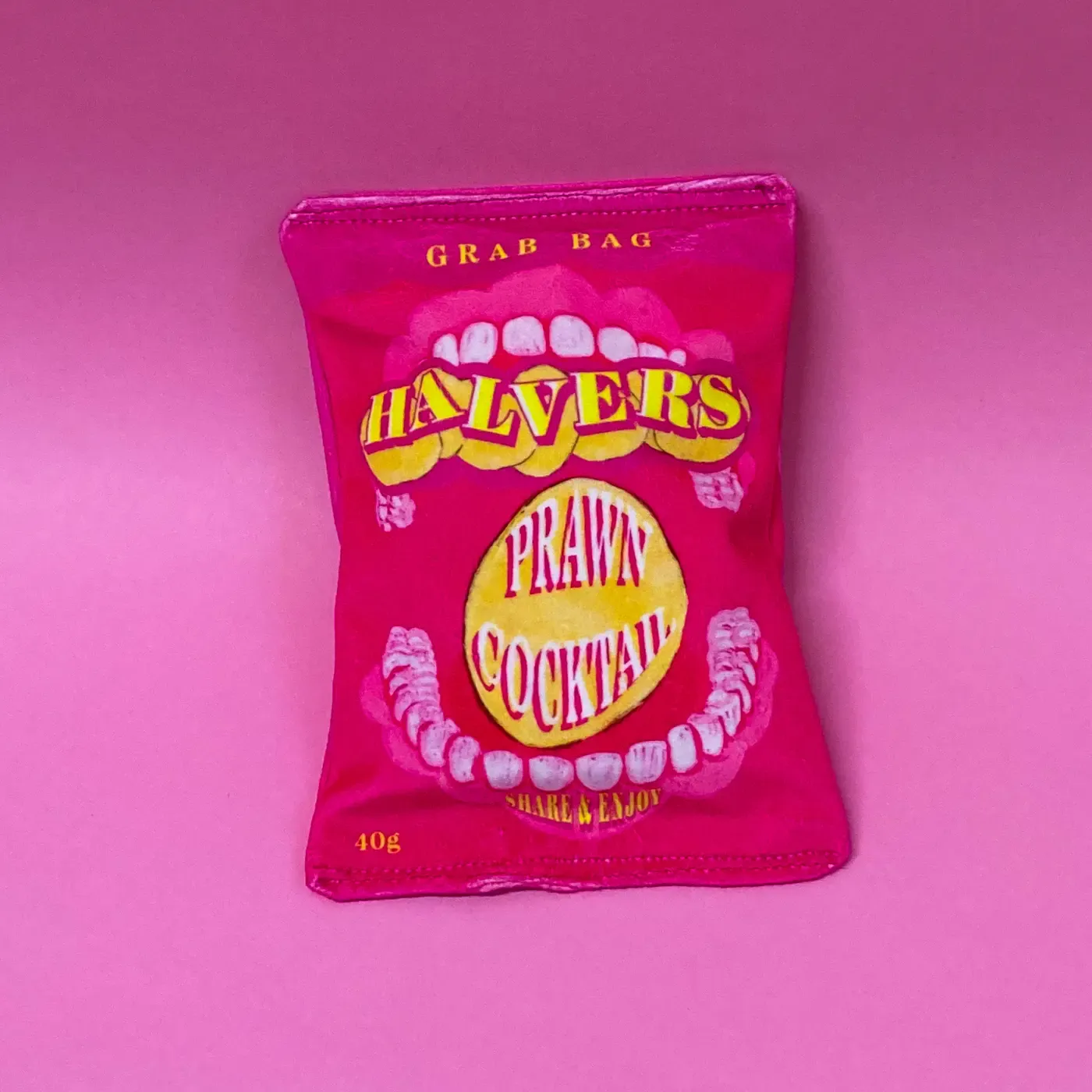
This collaboration with her family highlights the crucial role they play in helping her bring her artistic vision to life, ensuring that her disability doesn’t limit her creative process.
What makes Milly’s work particularly compelling is the way it bridges personal experience with universal themes.
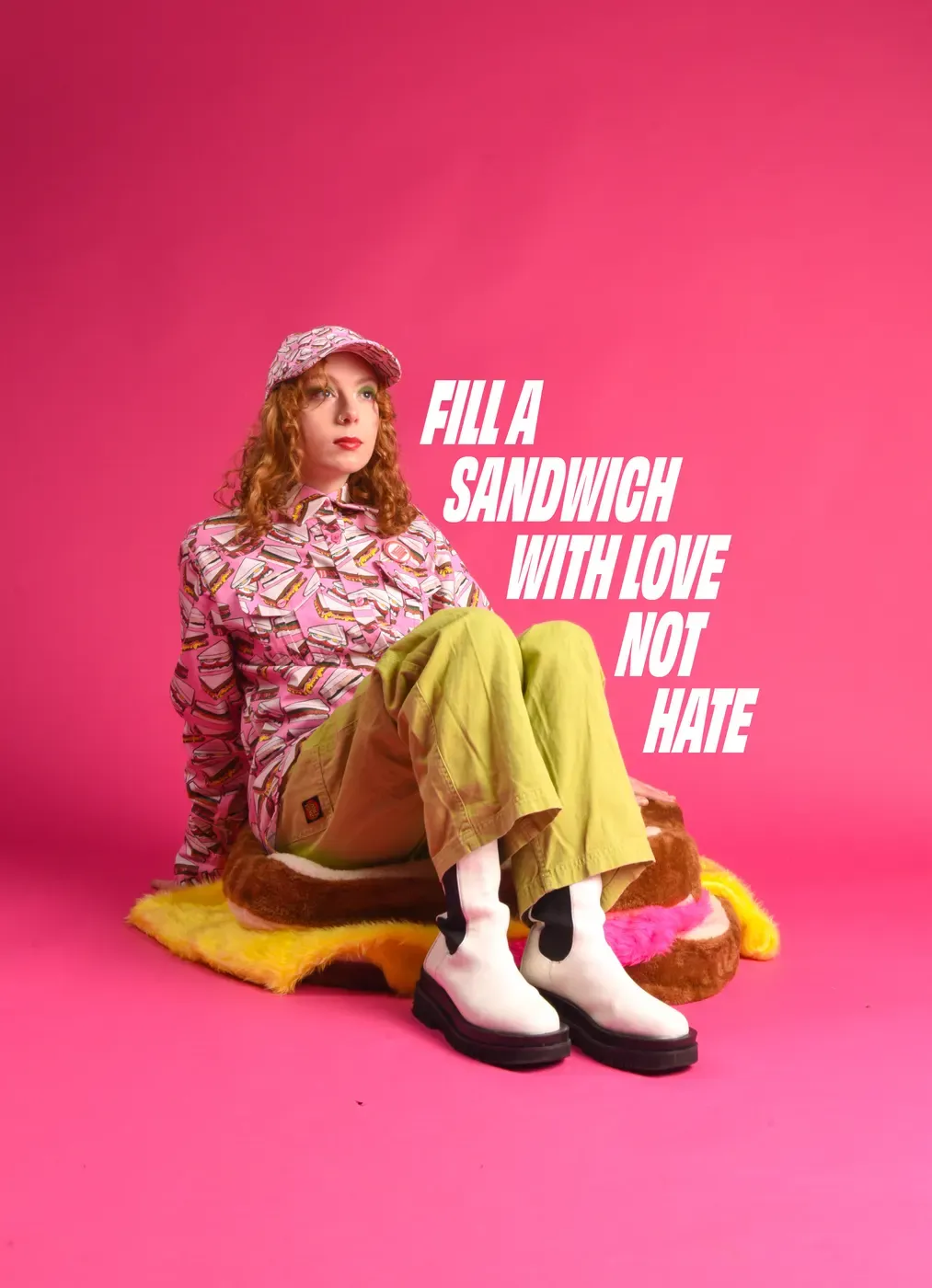
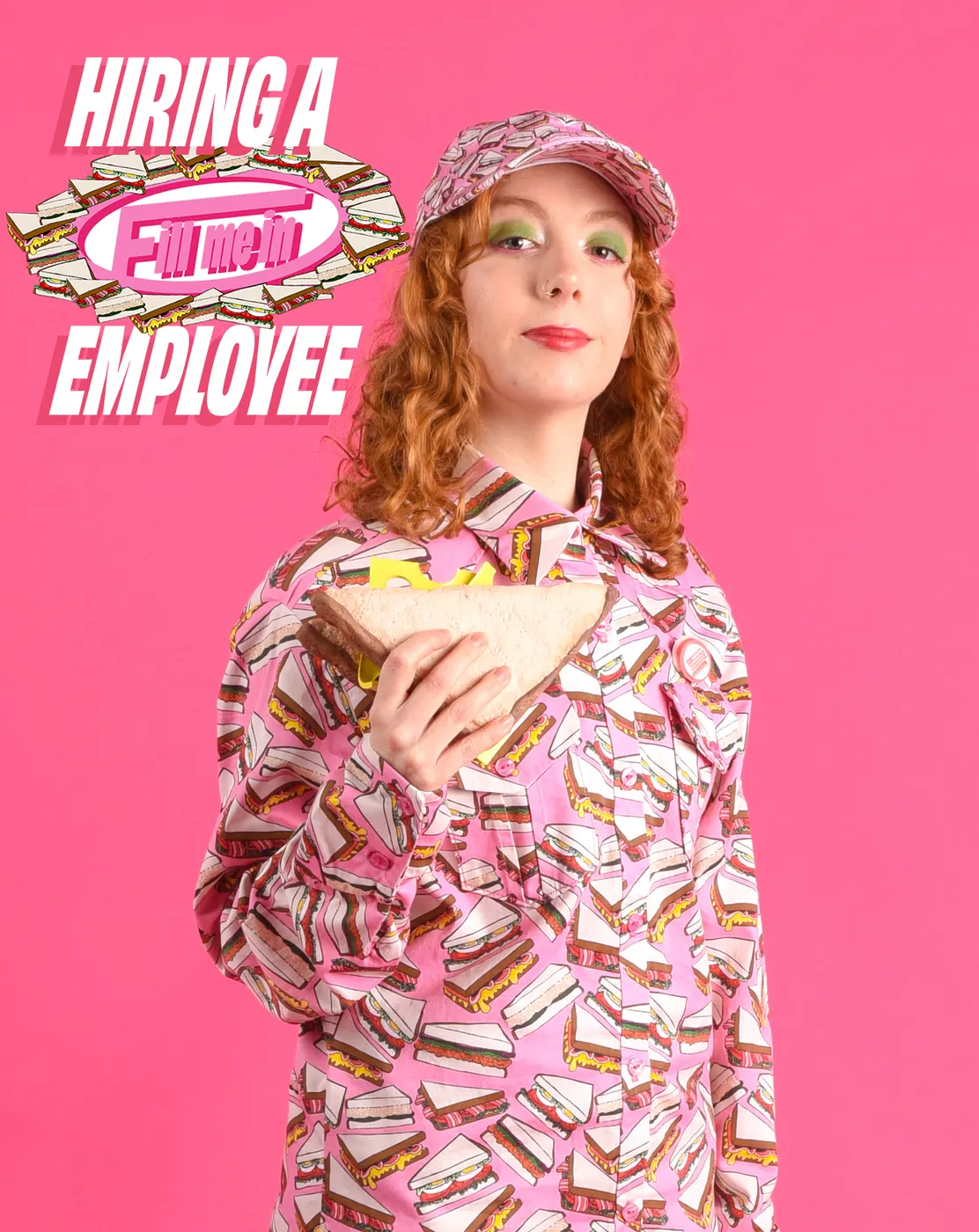
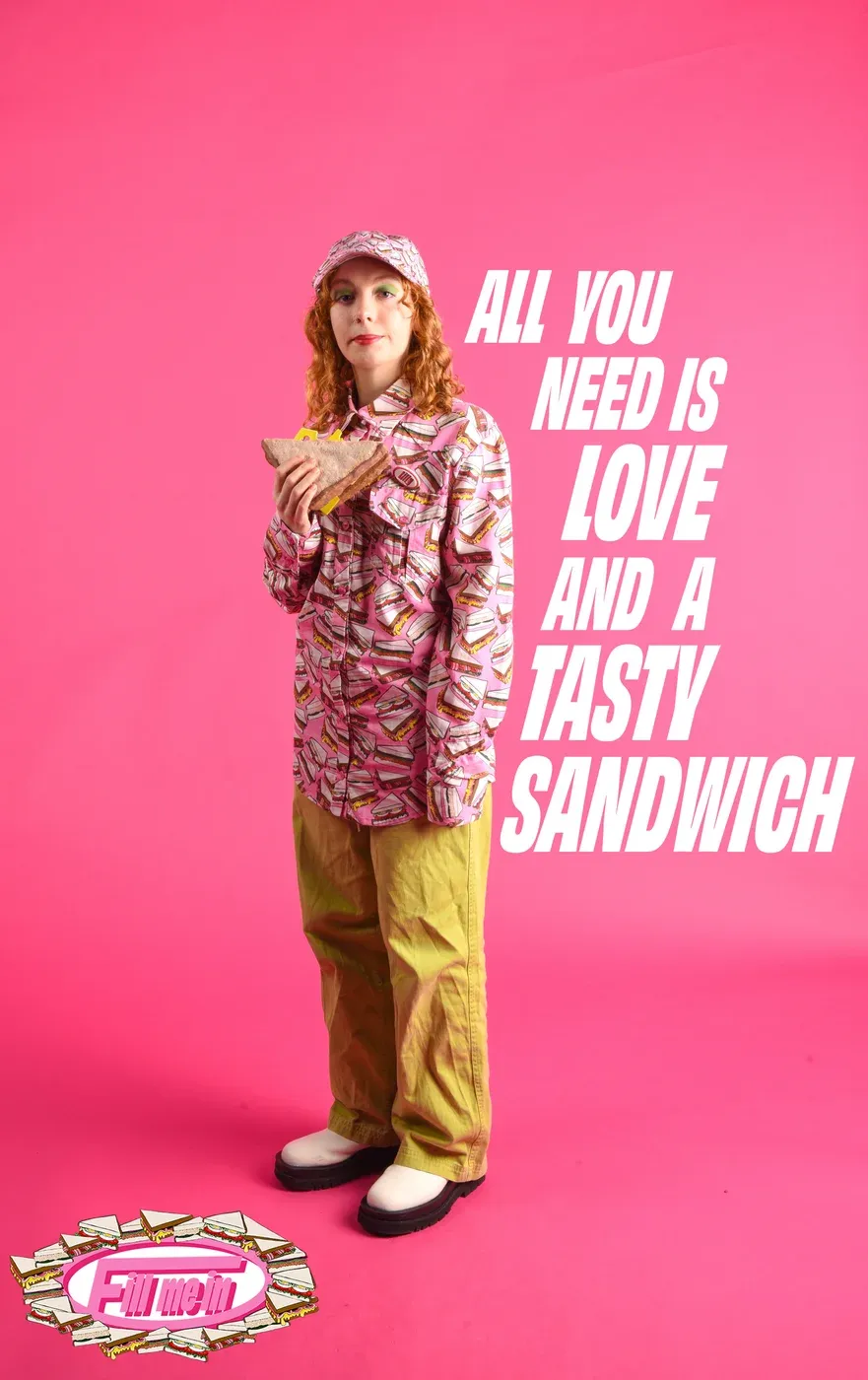
Milly Aburrow: 'All You Need Is Love and a Tasty Sandwich', poster | Model: Lilly Foster-Eardley 'Fill a Sandwich with Love not Hate', poster | Model: Lilly Foster-Eardley'Hiring a Fill Me In Employee', poster | Model: Lilly Foster-Eardley
'All You Need Is Love and a Tasty Sandwich', poster | Model: Lilly Foster-Eardley 'Fill a Sandwich with Love not Hate', poster | Model: Lilly Foster-Eardley'Hiring a Fill Me In Employee', poster | Model: Lilly Foster-Eardley
While her pieces often draw on her own life—her love of food, her experiences with exclusion—they also resonate on a broader level.
Food, after all, is something everyone can relate to. It’s a shared experience that connects people, making her work approachable and relatable while still carrying deeper, personal meanings.

Milly Aburrow - official Website
Milly’s art challenges conventional narratives around disability, identity, and the everyday objects we take for granted.
By transforming something as simple as a packet of crisps into an object worthy of artistic exploration, she invites viewers to reconsider the cultural significance of the items that surround us.
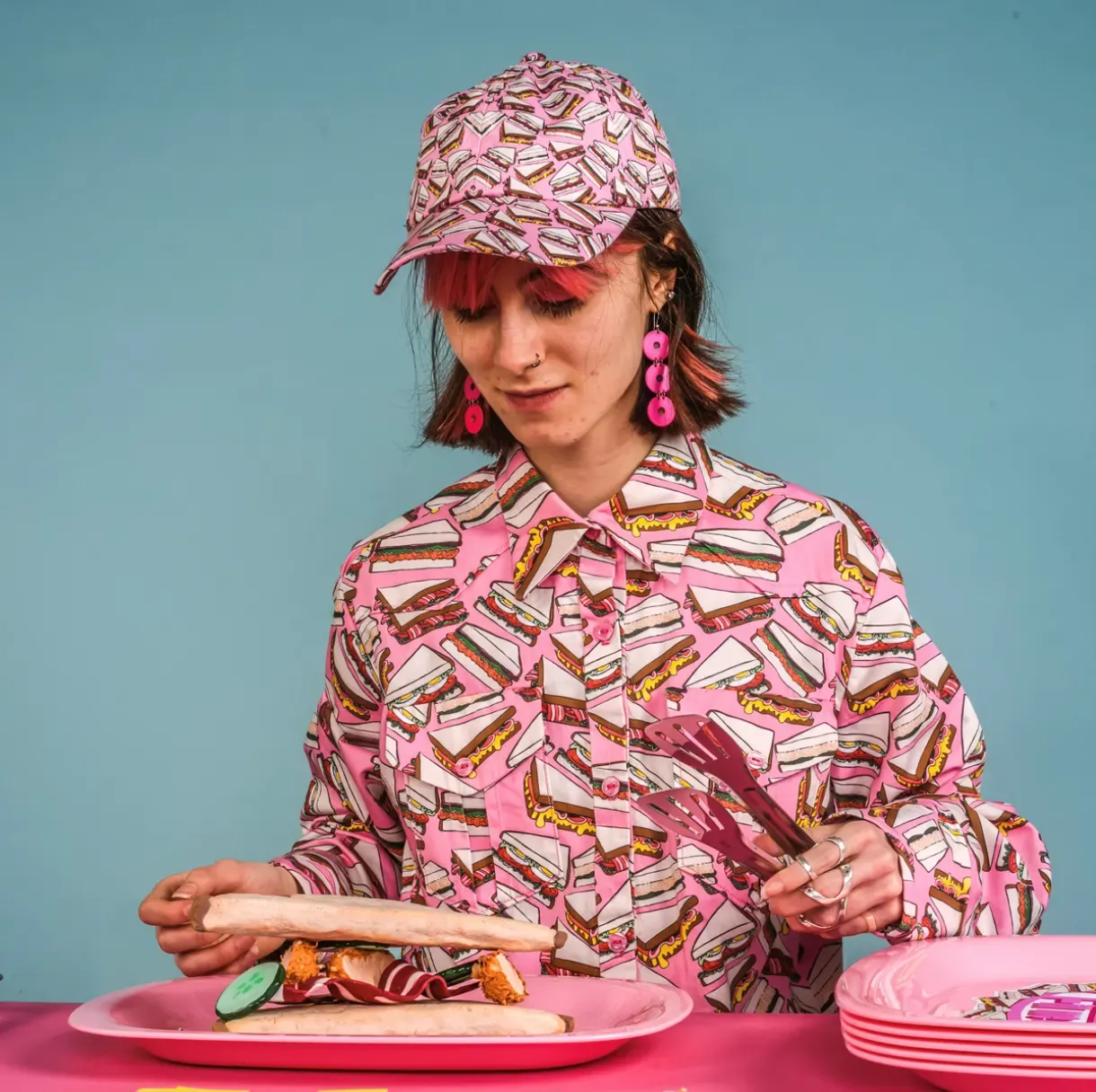
At the same time, her work opens up conversations about inclusivity, access, and how societal structures often overlook or exclude people with disabilities.
Her art is a celebration of the mundane, an exploration of the personal, and a statement about the broader cultural significance of the things we consume.
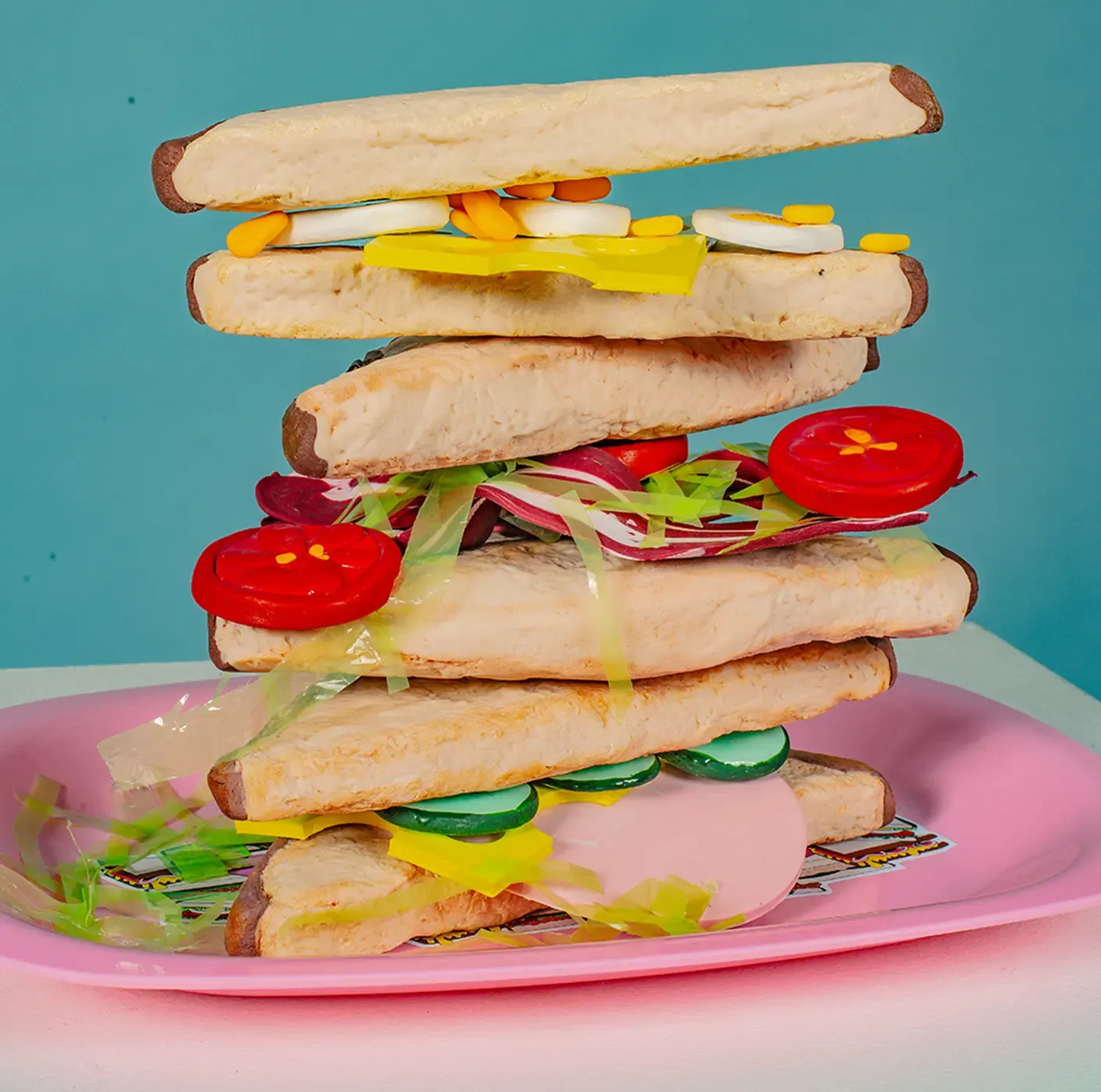
For more visit Milly Aburow official Website :

Milly Aburrow: official Website




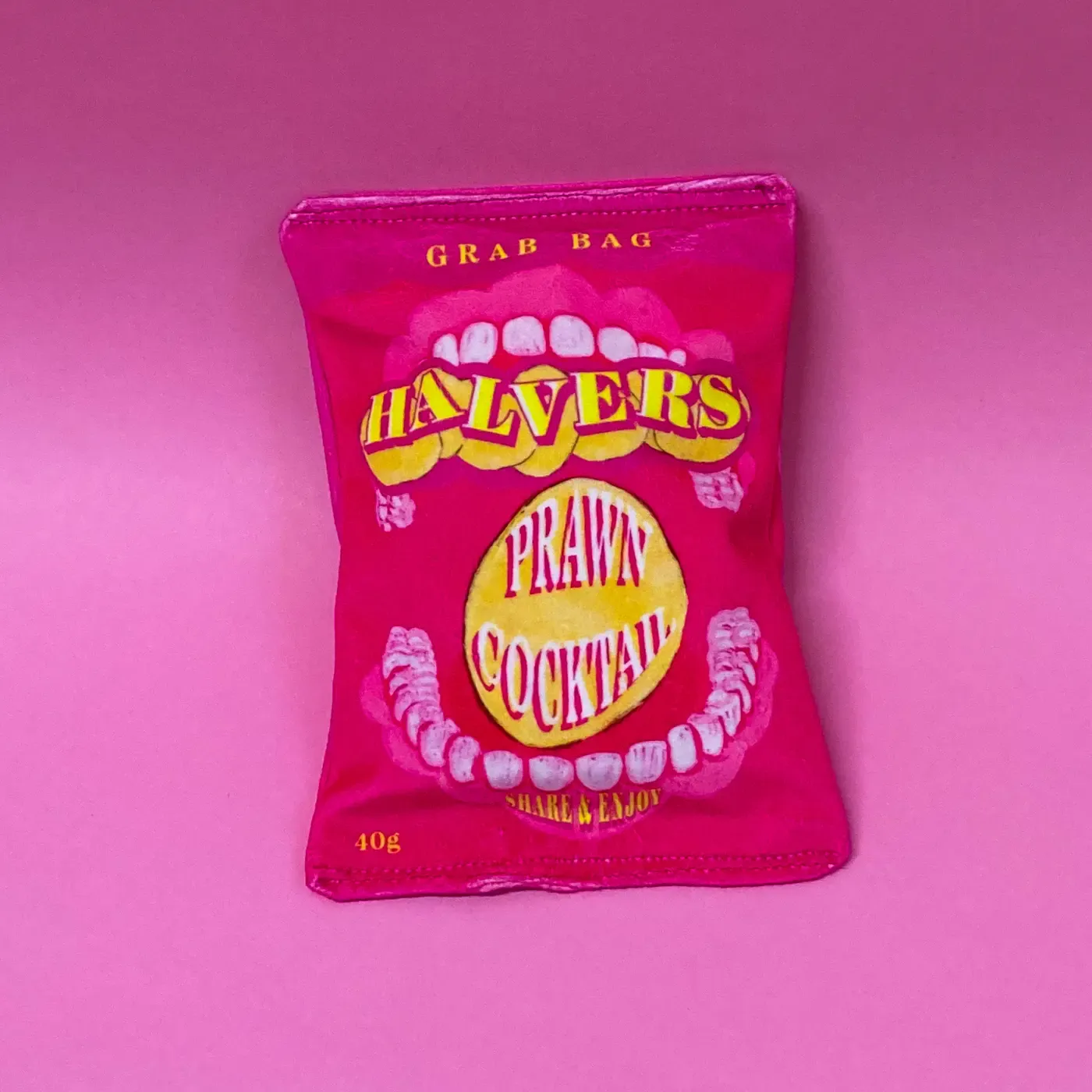
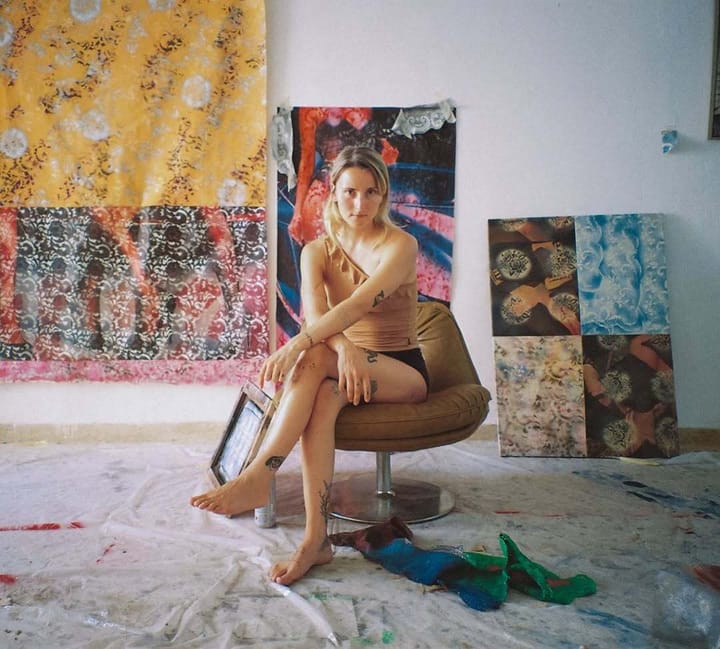
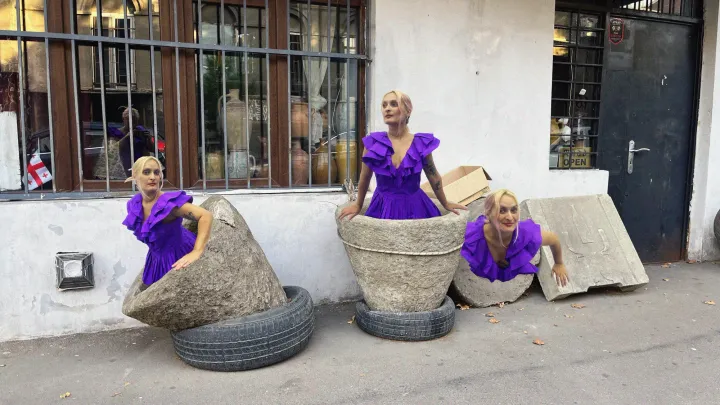
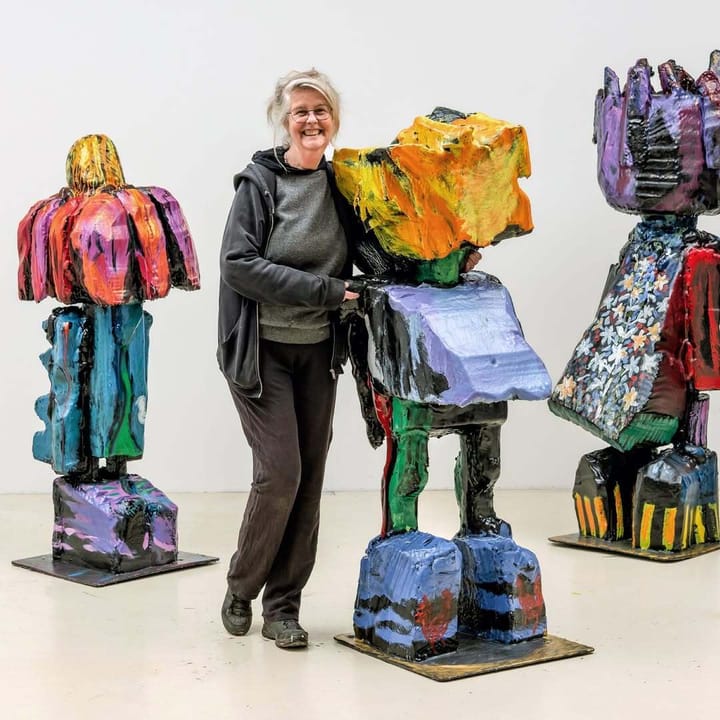
Comments ()